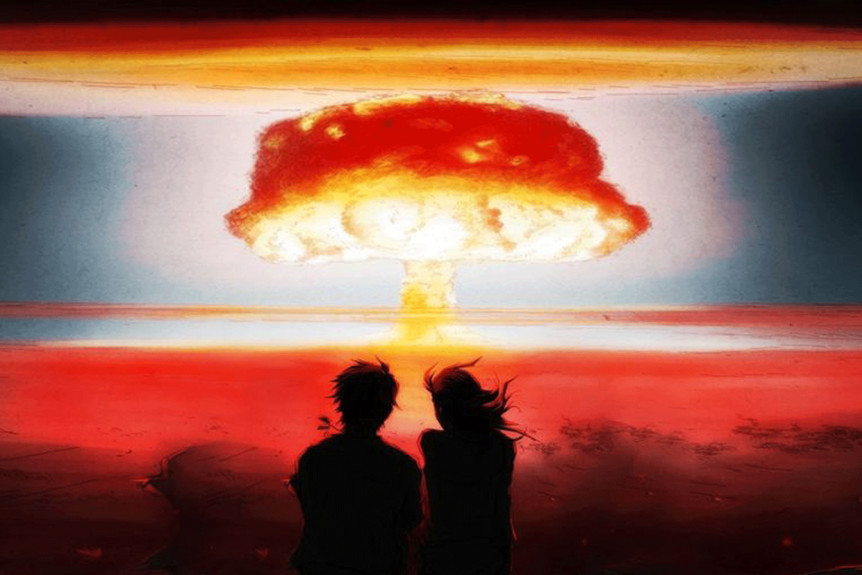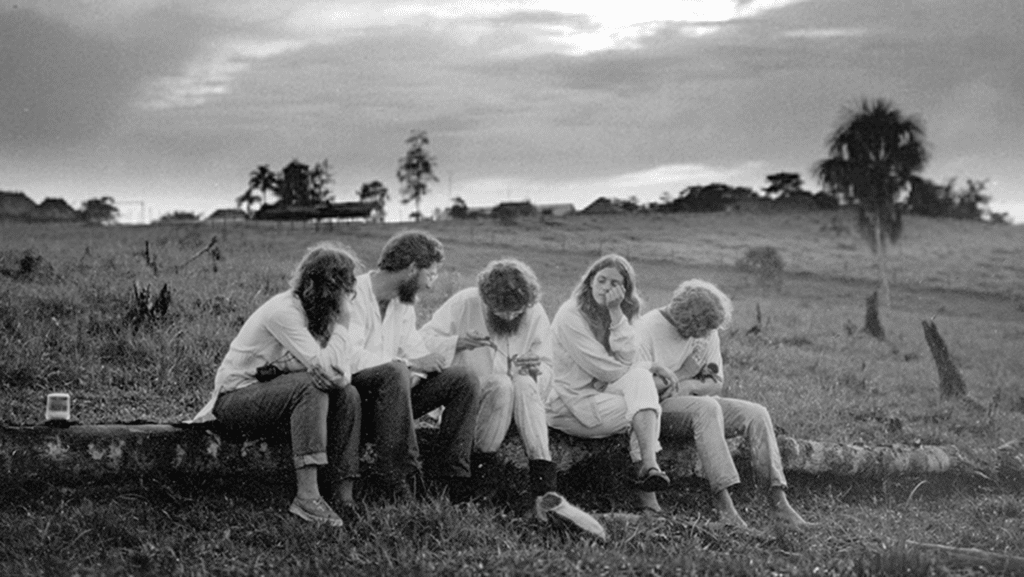Psychedelics exploded in the 60s like a nuclear bomb
We had never seen anything like them. We had no models, societal, medical, or religious, to deal with them. Many were threatened by them.

Psymposia is a 501(c)(3) nonprofit research and media organization that offers critical perspectives on drugs, politics, and culture. We rely on contributions from our readers and listeners. Your support is vital to sustaining Psymposia.
Support Psymposia’s independent journalism on Patreon and help us drive the Mystery Machine! We’re a bunch of meddling kids who are unmasking the latest shenanigans on the psychedelics beat.
We had never seen anything like them. We had no models, societal, medical, or religious, to deal with them. Many were threatened by them. But now the 60’s, with all its mistakes and fumbles, are gone, and there is a new paradigm emerging around psychedelics. In the 50 years since, psychedelics may have been under the radar, but they never went away.
In the 50 years since, a new generation of thoughtful, compassionate and motivated people have worked quietly in the background with psychedelics, and have gradually developed approaches to using psychedelics that are safe, therapeutic, life-transforming, and healing.
They have discovered that far from being new, psychedelics have been influential in human history since the Paleolithic; and in some ways, they remain as mysterious to us today as they were to our hominid ancestors. But those at the forefront of what some call the Psychedelic Renaissance are neither hominids nor hippies.
Many exceptional people have been fascinated by psychedelics, and have continued to investigate them. Neuroscientists, psychologists, therapists, shamans, religious leaders, philosophers, artists, musicians, and creative people of all types have continued to explore psychedelics, and slowly we are learning how to integrate these remarkable substances into our lives in ways that are enhancing and ultimately healing.

What is emerging is a kind of neo-shamanic approach to psychedelics, one that borrows heavily from indigenous traditions, but at the same time can be firmly grounded in neuroscience and psychotherapeutics. What is brewing, here, is potentially the transformation of psychiatric medicine if not medicine itself. And the impact, if we successfully integrate psychedelic world views into our culture, is likely to extend far beyond medicine, to religion, science, politics, and business; all of which, like medicine, are institutions in crisis, and sorely in need of some means to restore compassion and balance to their often misguided priorities.
In indigenous societies, where psychedelics have been respected and revered for millennia, these sacred plants and fungi are regarded as teachers; and what they have to teach humanity is more important for our current existential situation than ever before in human history.
Their message is one of hope, and concern; concern that we have forgotten our fundamental relationship to nature, our role as stewards of nature and our responsibilities as protectors of the planet, not its despoilers; concern that in the thrall of this or that ideology, religion, or political agenda, we have also forgotten something else: Our responsibility to protect, nurture, and respect each other.
These messages are the most urgent ones of our time, and we ignore them at our peril. But psychedelics also deliver a message of hope; they are learning tools, and it’s urgent that we learn to use them properly.
As a species, we are in serious need of a wake-up call; and in this latter-day historical epoch, haunted by the specter of global environmental catastrophe, our rediscovery of psychedelics may be that wake-up call. Indeed, they may be the only thing that can save us, and the community of all living things.
Hey! Before you go… Psymposia is a 501(c)(3) non-profit media organization that offers critical perspectives on drugs, politics, and culture. We strive to ask challenging questions, and we’re committed to independent reporting, critical analysis, and holding those who wield power accountable.
Our perspectives are informed by critical analysis of the systemic crises of capitalism that have directly contributed to the unmitigated growth of addiction, depression, suicide, and the unraveling of our social relations. The same economic elite and powerful corporate interests who have profited from causing these problems are now proposing “solutions”—solutions which both line their pockets and mask the necessity of structural change.
In order for us to keep unpacking these issues and informing our audience, we need your continuing support. You can sustain Psymposia by becoming a supporter for as little as $2 a month.
Dennis McKenna
Dennis McKenna is an ethnopharmacologist, research pharmacognosist, lecturer and author. He is the brother of well-known psychedelics proponent Terence McKenna and is a founding board member and the director of ethnopharmacology at the Heffter Research Institute, a non-profit organization concerned with the investigation of the potential therapeutic uses of psychedelic medicines.





